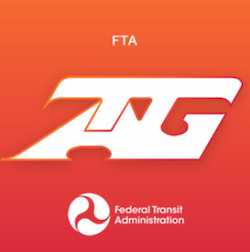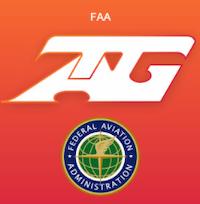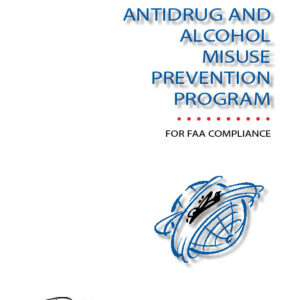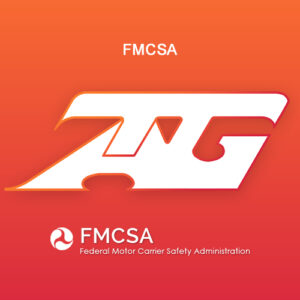Description
Designated Employer Representative (DER) Training
This training course equips a DER (Designated Employer Representative) with a detailed understanding of their responsibilities as defined in Department of Transportation (DOT) regulations for drug and alcohol testing (49 CFR Part 40).
The course features:
- Comprehensive coverage of the duties outlined in DOT regulations.
- A thorough explanation of testing terminology, ensuring clarity in communication.
- Specific guidelines for modal regulations, tailored to various transportation sectors.
- Detailed procedures for implementing workplace testing programs in compliance with DOT requirements.
Overview of Drug and Alcohol Rules for Employers:
- The United States Congress recognized the need for a drug and alcohol-free transportation industry.
- In 1991, Congress passed the Omnibus Transportation Employee Testing Act.
- This Act requires DOT Agencies to implement drug and alcohol testing for safety-sensitive transportation employees.
- 49 CFR Part 40 (Part 40) is a DOT-wide regulation that:
- Specifies how drug and alcohol testing should be conducted.
- Outlines procedures for returning employees to safety-sensitive duties after violations of DOT drug and alcohol regulations.
- Part 40 applies universally to all DOT-required testing, regardless of transportation mode (e.g., aviation under FAA rules, trucking under FMCSA rules).
- Each DOT Agency-specific regulation defines:
- Who is subject to testing.
- When testing is required.
- Under what circumstances testing should occur within a particular transportation industry.
- DOT, along with FMCSA, requires commercial motor vehicle (CMV) operators holding a commercial driver’s license (CDL) to undergo:
- Alcohol and drug testing.
- While employers can hire service agents for tasks such as:
- Collecting specimens.
- Conducting laboratory analyses.
- Medically reviewing lab results.
- Determining test outcomes.
- Employers cannot delegate responsibility for complying with:
- All applicable requirements and procedures of 49 CFR Part 40 and Part 382.
- Employers are accountable for actions of their employees, representatives, and agents (including service agents) in meeting DOT agency regulations.
- Employers can face consequences for service agent errors, including:
- Civil penalties for noncompliance.
- Service agent violations are addressed under the public interest exclusion (PIE) in 49 CFR Part 40 Subpart R.
- The Safe Roads Act of 2012 (MAP-21; P.L. 112-141) empowers Congress to take civil penalty actions against service agents (49 USC 31306a).
Taking the online interactive DER Training can satisfy your Title 49 CFR Part 40 requirements for training!
LINKS:
- Preview a Course!
- Other Online Interactive Trainings available
- Overview of Title 49 CFR Part 40 link
- Back to the main page






Reviews
There are no reviews yet.